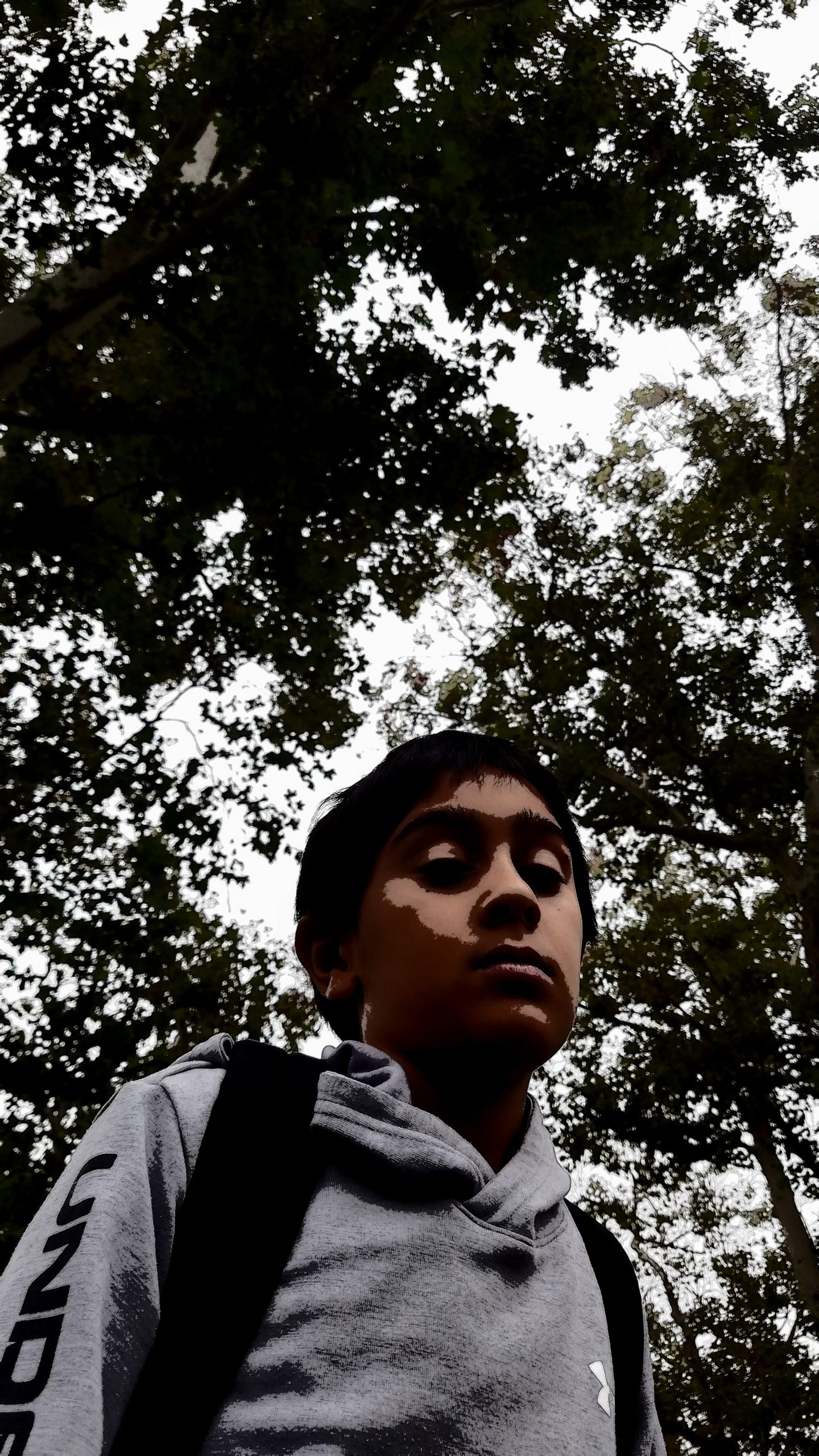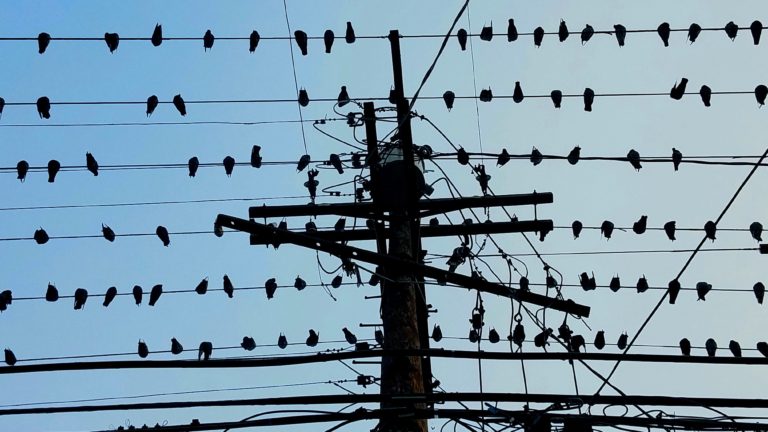Matt Surface – Fiction
You hear him huffing his way to the house, cussing his key ring for falling from his hand. You feel...

Have You Seen Me?
Imagine this. You’re 8 years old, doe-eyed and innocent, no bodily hair or odor to speak of, and your beloved hamster, Gilbert, has gone missing.
First comes the customary scouring of the cage, leaving no saw dust or metallic wheel unturned. Searching everything twice, as if this will uncover something new. Shortly after is the equally customary session of crying; that shameless, shrieking breed of crying found only in children and exotic birds. You surrender right there in your room, letting it envelope you, your limbs flailing in a frantic, hopeless dance.
But with that over and done, you stop to think. Rather than sit around and snivel, perhaps there’s hope still, something else yet to be done. After all, you’re no longer a helpless boy of 7 with training wheels and piss-stained pants. You’re 8 now, and goddamnit, a man’s got to be a man sometime.
So, you hit the house with a purpose. You peel back cushions, open cabinet doors, you even check that cupboard with the bottles that daddy likes so much. You look every-fucking-where you can think to look, and still no luck.
This is where things take a turn, where reality begins to dawn. If he’s not in the house, you think to yourself, he could only be one place: the largest place known (and partially unknown) to humankind. You picture Gilbert, poor little Gilbert, in the outside world, alone, scared, freezing his rodent ass off while you sit in your sprawling townhouse with its many walls and central heating, twiddling your thumbs like the big, dumb human you are.
So, now you hit the streets, canvassing passersby in the neighborhood, showing them pictures, offering their dogs the scent of Gilbert’s wheel in the hopes that they might aid in the search. You browse the bushes on the neighboring lawns, drawing suspicious glares from Mrs. Nelson, who has no earthly business living as long as she has. But nothing. No clue, no tiny footprints, not even a single follicle of his well-brushed hair. As if he’d been snatched away in the night. Gone. Forever.
You’re home again, dragging your feet. Slowly returning the binoculars and butterfly net to the closet, you soon resign into a child-sized lump on the couch. It’s not long until mommy comes home, zooming right past you to the kitchen, on the phone, at work even after having left it. She throws some ice cubes in a glass of wine and heads upstairs to the study. Whether she even saw you there, deflated, in a sea of sorrow and cracker crumbs, is anyone’s guess.
Then daddy’s car pulls into the driveway. You hear him huffing his way to the house, cussing his key ring for falling from his hand. You feel his bumbling presence as he trudges through the door, letting a hint of winter wind into the hall before shutting it tight behind him. If it wasn’t for a very sudden and violent sneeze that came upon you, he likely wouldn’t have noticed you there, disheveled and defeated. He turns towards you, his face a cherry-red, and asks,
“What’s wrong, buddy?”
You ponder this for a moment, formulate a sensible response that conveys the lengths through which you went to save your best friend, your only friend, that day. You craft it in a way that just maybe he’ll sympathize, maybe even be proud. Instead, the sounds that escape you are not your own, less human than porpoise like, emitted with a pleading, operatic tone.
Daddy stares at you, puzzled, man met with unknown beast. He approaches with caution, and you find it’s not until you feel the cold touch of his meaty fingers in your hair, patting in awkward rhythm, that you’re able to properly tell him of Gilbert’s fate.
He listens, stoic, his face without emotion, nodding as your story reaches its sniveling end. There’s a moment of pause during which the only perceptible sound is that of your mother fumbling her prescriptions in the upstairs bathroom, though you swear you can hear the swift turning of gears in your father’s head as well, as if his brain is working to find the right words, to arrange them in the right order. But instead of speaking, he pats you again, a half-hearted assurance escaping his lips as he makes his way to bed. What he ever did with the words he had then, you realize you may never know.
Now, imagine this. You’re grown, a full twenty years later, and your father lies coughing viciously in a hospice bed, trying, after all these years, to explain the working of those gears in his head that day. His eyes meet yours as he explains just how badly he wished he’d confessed, how with your being so involved in planning the poor rat’s funeral (and the word “rat” indeed was used), that no time seemed like the right time to tell. He tells you, between fits of thunderous hacking, how horrible he felt, the guilt that coursed through him each day since he’d pulled the car out that morning, sensing something odd with the back tire, only to find that he’d painted the driveway with the infinite pieces of poor, sweet Gilbert’s physical essence. How he looked across the lawn to your room, the cage door and window both so slightly ajar, as the situation slowly dawned on him, and his heart sank to subterraneous depths with the thought of your face at the news of his blunder. He tells you this, between his hacks, with what may well be the final words God has granted him to say.
And so how could you tell him the how his words make you feel? After all, what kind of monster couldn’t forgive a man on his dying day? Their own father, no less? With mom gone as well, lost to the tumor that made lunch of her brain, he is the only family you have, your last living friend, if only for a few moments more. So, what does the feeling you have matter, this nameless culmination of every wordless dinner, every soccer game missed, the years of waiting, begging to be seen? And so, with a hand on top of his, your eyes meeting at last, you hold tight to this feeling, this thing you’ll never face, and you let it die with him, to join your mother, and poor, sweet Gilbert, wherever they may be.



